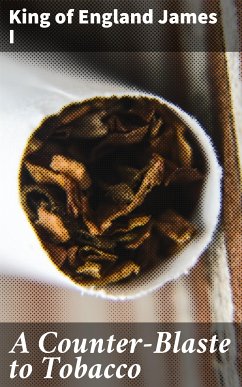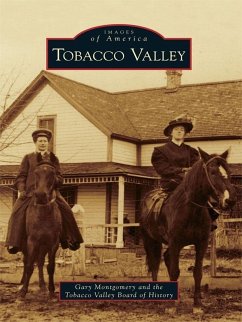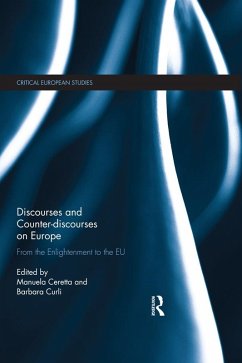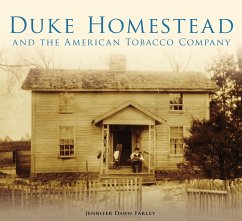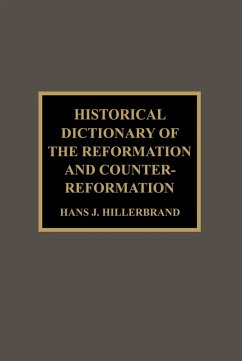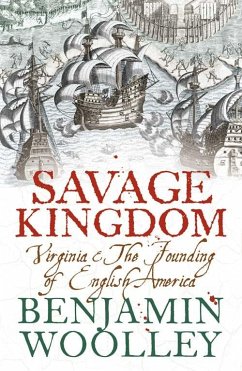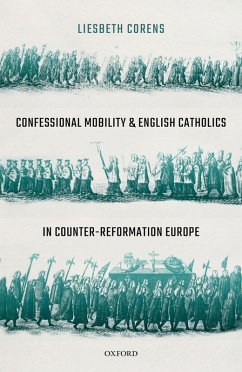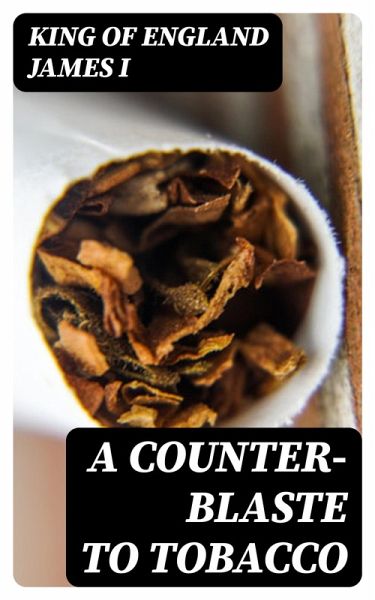
A Counter-Blaste to Tobacco (eBook, ePUB)
Versandkostenfrei!
Sofort per Download lieferbar
0,49 €
inkl. MwSt.
Weitere Ausgaben:

PAYBACK Punkte
0 °P sammeln!
In "A Counter-Blaste to Tobacco," King James I articulates a vehement critique of tobacco use, presenting an eloquent and persuasive argument against the burgeoning popularity of smoking in early 17th-century England. This work, characterized by its rhetorical flair and polemical style, combines legalistic reasoning with a moralistic tone, reflecting the anxieties of a society grappling with new customs. Set against the backdrop of the growing tobacco trade and its cultural implications, James employs both logical argumentation and vivid imagery to denounce tobacco as a harmful and barbaric pr...
In "A Counter-Blaste to Tobacco," King James I articulates a vehement critique of tobacco use, presenting an eloquent and persuasive argument against the burgeoning popularity of smoking in early 17th-century England. This work, characterized by its rhetorical flair and polemical style, combines legalistic reasoning with a moralistic tone, reflecting the anxieties of a society grappling with new customs. Set against the backdrop of the growing tobacco trade and its cultural implications, James employs both logical argumentation and vivid imagery to denounce tobacco as a harmful and barbaric practice, suggesting it undermines the dignity of the English populace. James I, who ruled from 1603 to 1625, was a man of letters and a shrewd political figure. His deep interest in the health and moral fabric of his kingdom, combined with his fascination for the natural sciences, may have inspired this treatise. Notably, he had previously authored works on monarchy and governance, and his stance against tobacco contributes to a broader narrative of ruling authority grappling with public health and societal values in an era of exploration and cultural exchange. "A Counter-Blaste to Tobacco" is an essential read for those interested in early modern literature, public health discourse, and the socio-political dynamics of King James I's reign. This work not only provides a window into the thoughts of a monarch on a controversial substance but also invites the reader to consider the impact of tobacco on society and individual health, making it a relevant and thought-provoking text even today.
Dieser Download kann aus rechtlichen Gründen nur mit Rechnungsadresse in A, B, BG, CY, CZ, D, DK, EW, E, FIN, F, GR, H, IRL, I, LT, L, LR, M, NL, PL, P, R, S, SLO, SK ausgeliefert werden.




